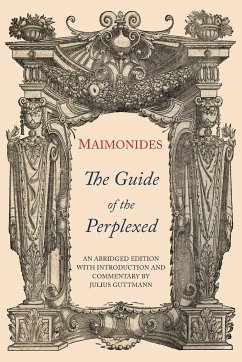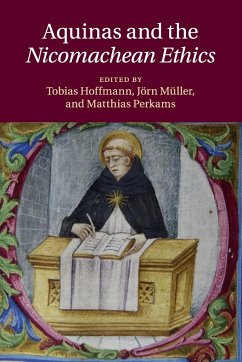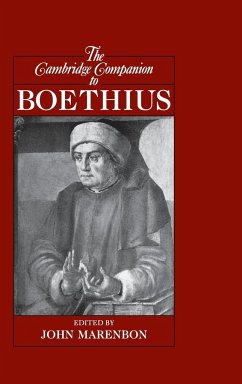
Shadowing the Other
Aristocratic Identity in the Fourteenth-Century Middle English Charlemagne Romances
Versandkostenfrei!
Versandfertig in 6-10 Tagen
39,99 €
inkl. MwSt.

PAYBACK Punkte
20 °P sammeln!
The Charlemagne chansons de geste were not writtenfor the fourteenth-century aristocracy, norespecially for an English audience. Translated fromthe Old French with varying degrees of accuracy, theycame to England as the Matter of Charlemagneromances, with the aristocracy as their intendedaudience. The ability of the aristocracy to readtheir concerns into the texts and onto the Saracenswho populated them increased the romances' popularityand ensured their circulation, for a time.Singularly, the English aristocracy chose Charlemagnefor a hero-king. Perhaps this came as a reaction toEdward III's,...
The Charlemagne chansons de geste were not written
for the fourteenth-century aristocracy, nor
especially for an English audience. Translated from
the Old French with varying degrees of accuracy, they
came to England as the Matter of Charlemagne
romances, with the aristocracy as their intended
audience. The ability of the aristocracy to read
their concerns into the texts and onto the Saracens
who populated them increased the romances' popularity
and ensured their circulation, for a time.
Singularly, the English aristocracy chose Charlemagne
for a hero-king. Perhaps this came as a reaction to
Edward III's, or even Edward I's, Arthurian
enthusiasm. Whatever the cause, for a century the
Middle English Charlemagne romances provided a forum
for airing aristocratic concerns.
for the fourteenth-century aristocracy, nor
especially for an English audience. Translated from
the Old French with varying degrees of accuracy, they
came to England as the Matter of Charlemagne
romances, with the aristocracy as their intended
audience. The ability of the aristocracy to read
their concerns into the texts and onto the Saracens
who populated them increased the romances' popularity
and ensured their circulation, for a time.
Singularly, the English aristocracy chose Charlemagne
for a hero-king. Perhaps this came as a reaction to
Edward III's, or even Edward I's, Arthurian
enthusiasm. Whatever the cause, for a century the
Middle English Charlemagne romances provided a forum
for airing aristocratic concerns.












